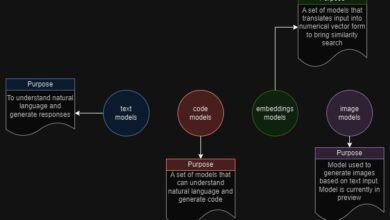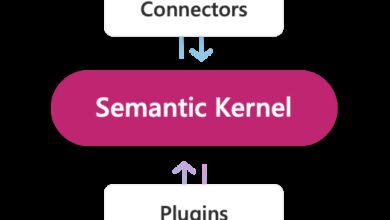Artificial Intelligence Vs Advanced Intelligence
Artificial Intelligence (AI) and Advanced Intelligence (AI) are often used interchangeably in the tech industry. However, they are not the same. Let’s explore the differences between these two technologies and what they bring to the table.
Artificial Intelligence (AI)
AI refers to computer systems that can perform tasks typically requiring human intelligence. These systems can learn, reason, and solve problems independently without human intervention. AI has made remarkable advancements in recent years and is now widely used in healthcare, finance, and customer service, among other applications.
A key benefit of AI is its ability to process large amounts of data quickly and accurately. This makes it ideal for tasks like image and speech recognition that demand quick data analysis. AI can also automate repetitive tasks, allowing humans to focus on more complex and creative endeavors.
Another advantage of AI is its capacity to learn and improve over time. As an AI system is exposed to more data, it can enhance accuracy and effectiveness. This is known as machine learning, an integral part of many AI systems.
AI is a powerful technology that has the potential to revolutionize various industries. However, it does have limitations. AI systems are generally limited to specific tasks and lack the reasoning and creative thinking abilities of humans.
Advanced Intelligence (AI)
Advanced Intelligence (AI) is a term that describes a new type of intelligence surpassing the capabilities of current AI technology. While AI is focused on specific tasks, Advanced Intelligence aims to replicate the full range of human cognitive abilities, including creativity, intuition, and emotional intelligence.
A crucial difference between AI and Advanced Intelligence lies in the level of human-like intelligence they can achieve. While AI systems are designed for specific tasks, Advanced Intelligence strives to be more general-purpose, capable of problem-solving and reasoning in various domains.
Another significant distinction is the way they learn. While AI systems typically rely on extensive data, Advanced Intelligence is designed to learn from diverse sources, including human input and feedback. This enables Advanced Intelligence systems to incorporate human values and preferences into decision-making processes, making them more responsive to human needs.
Advanced Intelligence has the potential to address significant challenges such as climate change, disease, and inequality. Despite being a relatively new field, it has the power to be a transformative technology for humanity’s benefit.
Which is Better: AI or Advanced Intelligence?
The answer depends on the specific application. AI is well-suited for tasks requiring specific skills like image or speech recognition. It is also efficient in automating repetitive tasks, allowing humans to focus on more complex and creative endeavors. On the other hand, Advanced Intelligence is better suited for tasks demanding general-purpose intelligence, problem-solving, and decision-making. With its ability to replicate human cognitive abilities, it excels in complex tasks requiring creativity, intuition, and emotional intelligence. Ultimately, both AI and Advanced Intelligence have their strengths and weaknesses, and the choice between them depends on the particular application at hand.
Skrots, a leading provider of AI and Advanced Intelligence solutions, offers a wide range of services in these areas. We understand the importance of harnessing the power of these technologies to drive innovation and address complex challenges. To learn more about our services and how we can help you, visit https://skrots.com. Explore our diverse offerings at https://skrots.com/services. Thank you for considering Skrots as your partner in the world of AI and Advanced Intelligence.




